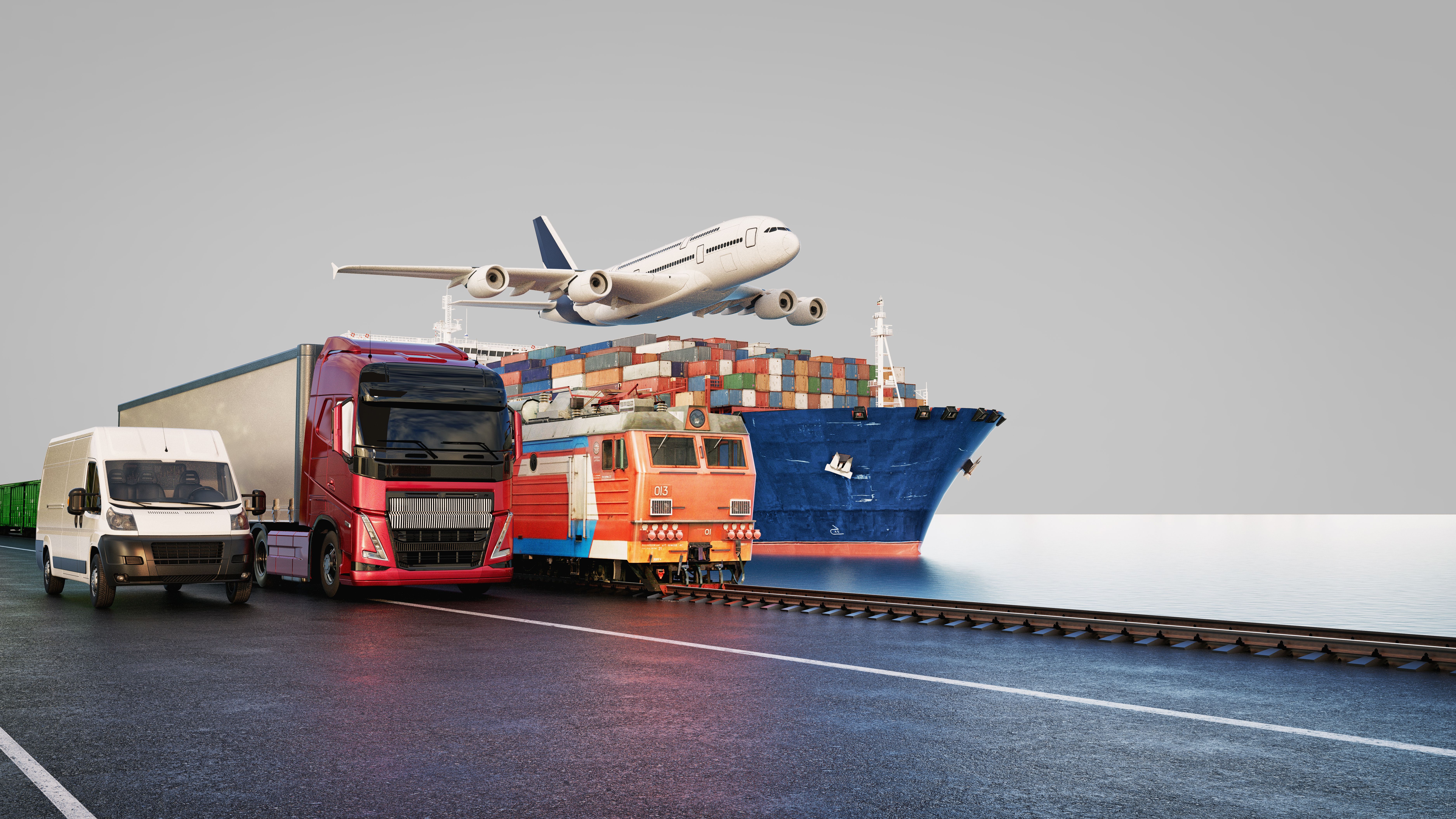Overcoming Intermodal Work Challenges in 2026 with YOFA's Business Development Services
Understanding Intermodal Work Challenges
As businesses navigate the complexities of 2026, intermodal work—coordinating operations across various transportation modes—presents unique challenges. Companies must ensure seamless transitions between different logistics channels while maintaining efficiency and cost-effectiveness. These challenges can strain resources and hinder growth if not addressed effectively.
In this evolving landscape, companies require innovative solutions to streamline processes and enhance productivity. This is where specialized services like YOFA's Business Development Services become invaluable. By leveraging expertise in logistics and strategic planning, businesses can overcome these obstacles and thrive.

Key Challenges in Intermodal Operations
Intermodal work involves coordinating between rail, road, sea, and air transport, each with its own set of complexities. The main challenges include:
- Integration of Technology: Ensuring different systems communicate effectively can be daunting.
- Regulatory Compliance: Keeping up with changing regulations across regions is crucial.
- Cost Management: Balancing expenses while maintaining service quality is essential.
How YOFA's Services Make a Difference
YOFA offers comprehensive business development services tailored to meet the demands of intermodal work. By focusing on strategic planning and process optimization, YOFA helps businesses overcome challenges and achieve growth. Their approach includes:
- Technological Integration: Implementing advanced systems that ensure seamless operation across different modes.
- Regulatory Guidance: Providing expertise to navigate complex compliance requirements efficiently.
- Cost Optimization: Identifying areas to reduce expenses without compromising service quality.

The Role of Technology in Overcoming Challenges
Technology plays a pivotal role in addressing intermodal challenges. Advanced software solutions facilitate real-time tracking, inventory management, and data analysis. YOFA's services integrate cutting-edge technology to enhance visibility and control over operations, ensuring a competitive edge.
Additionally, the use of artificial intelligence and machine learning can predict potential disruptions and suggest actionable solutions, allowing businesses to stay ahead of challenges proactively.

Success Stories with YOFA
Several companies have successfully transformed their intermodal operations with YOFA's support. By streamlining processes and leveraging YOFA's expertise, these businesses have achieved increased efficiency, reduced costs, and improved customer satisfaction.
For instance, a logistics firm facing regulatory challenges across multiple regions partnered with YOFA. Through strategic planning and compliance support, the company navigated these hurdles effectively, resulting in significant growth.
Looking Ahead: Future Trends
As we move towards the future, the intermodal landscape will continue to evolve. Businesses must adapt to changing consumer demands, environmental considerations, and technological advancements. YOFA remains committed to helping companies stay ahead by providing innovative solutions tailored to these emerging trends.
In conclusion, overcoming intermodal work challenges requires strategic planning, technological integration, and expert guidance. With YOFA's Business Development Services, companies can navigate these complexities and achieve sustainable growth in 2026 and beyond.